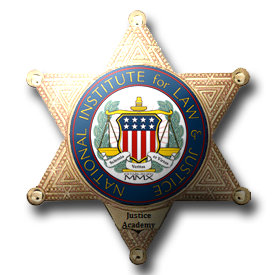A general classification of law concerned with the political and sovereign capacity of a state. Public law is that area of constitutional, administrative, criminal, and International Law that focuses on the organization of the government, the relations between the state and its citizens, the responsibilities of government officials, and the relations between sister states. It is concerned with political matters, including the powers, rights, capacities, and duties of various levels of government and government officials. Public law refers to an act that applies to the public at large, as opposed to a private law that concerns private individual rights, duties, and liabilities.
Public law is the citation given to the original form of federal and some state laws. For example, the citation for the Economic Recovery Tax Act of 1981 is Pub. L. 97–34, Aug. 13, 1981, 95 Stat. 1720 (26 U.S.C.A. § 1 et seq.).. Public law comprises constitutional law, administrative law, tax law and criminal law, as well as all procedural law. In public law, mandatory rules prevail. Laws concerning relationships between individuals belong to private law. The relationships public law governs are asymmetric and unequal – government bodies (central or local) can make decisions about the rights of individuals. However, as a consequence of the rule of law doctrine, authorities may only act within the law (secundum et intra legem). The government must obey the law. For example, a citizen unhappy with a decision of an administrative authority can ask a court for judicial review.
Rights, too, can be divided into private rights and public rights. A paragon of a public right is the right to welfare benefits – only a natural person can claim such payments, and they are awarded through an administrative decision out of the government budget. The distinction between public law and private law dates back to Roman law. It has been picked up in the countries of civil law tradition at the beginning of the nineteenth century, but since then spread to common law countries, too. The borderline between public law and private law is not always clear in particular cases, giving rise to attempts of theoretical understanding of its basis.
Sources:
Legal Dictionary
Wikipedia

Public Law – United States Code
Public Laws Archive – Federal Register
U.S. Government Publishing – Public Law Repository
National Archives – Public Law Listing by Congress
Public Law for Everyone – Professor Mark Elliot
UCLA School of Law’s Public Law Program
BYU Journal of Public Law
Duke University Program in Public Law
University of Oregon Public Law and Policy Program